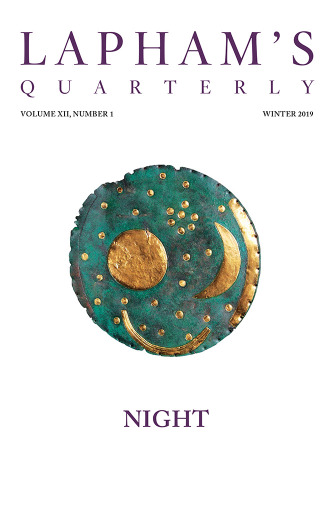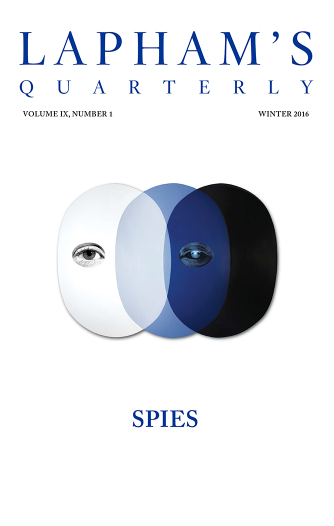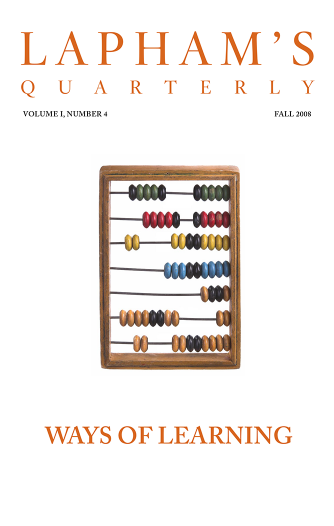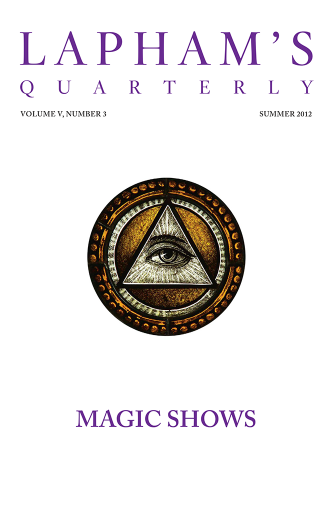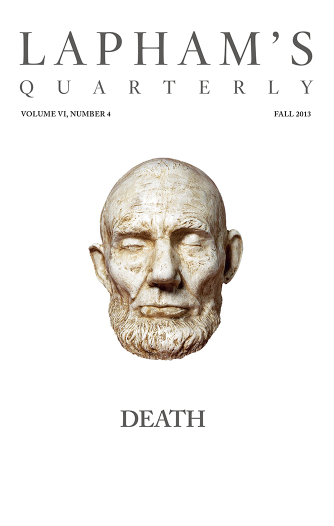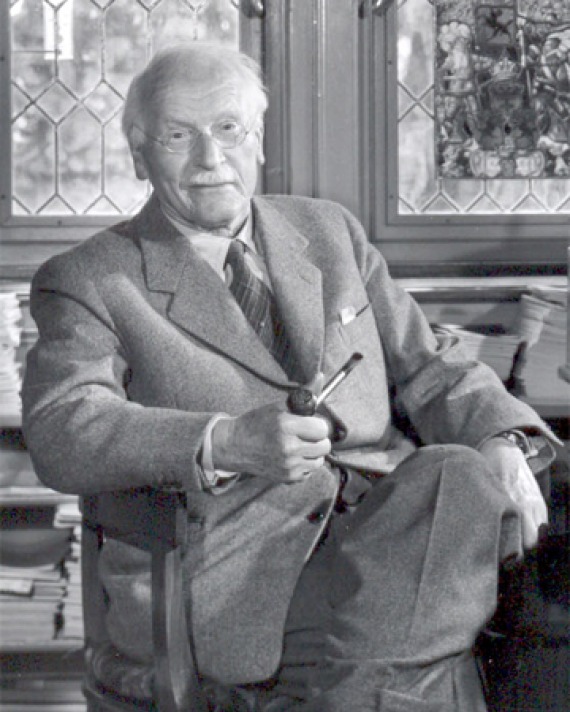
C.G. Jung
(1875 - 1961)
Nineteen years Freud’s junior, Carl Jung grew up in Switzerland in the 1880s—“the idea that there might be events which overstepped the limited categories of space, time, and causality” were “taken for granted in the world of my childhood”—and in 1900 he joined the Burghölzli Asylum, where he achieved success with word-association tests given to his patients. He and Freud worked closely together between 1907 and 1912; their alliance ended in disagreements, including over Freud’s belief in the sexual basis of neuroses. The founder of analytical psychology and one of the twentieth century’s preeminent explorers of the human mind, Jung developed the psychological concepts of archetypes and the collective unconscious. The author of many influential books, he published Psychology of the Unconscious in 1912 and Man and His Symbols in 1964.
